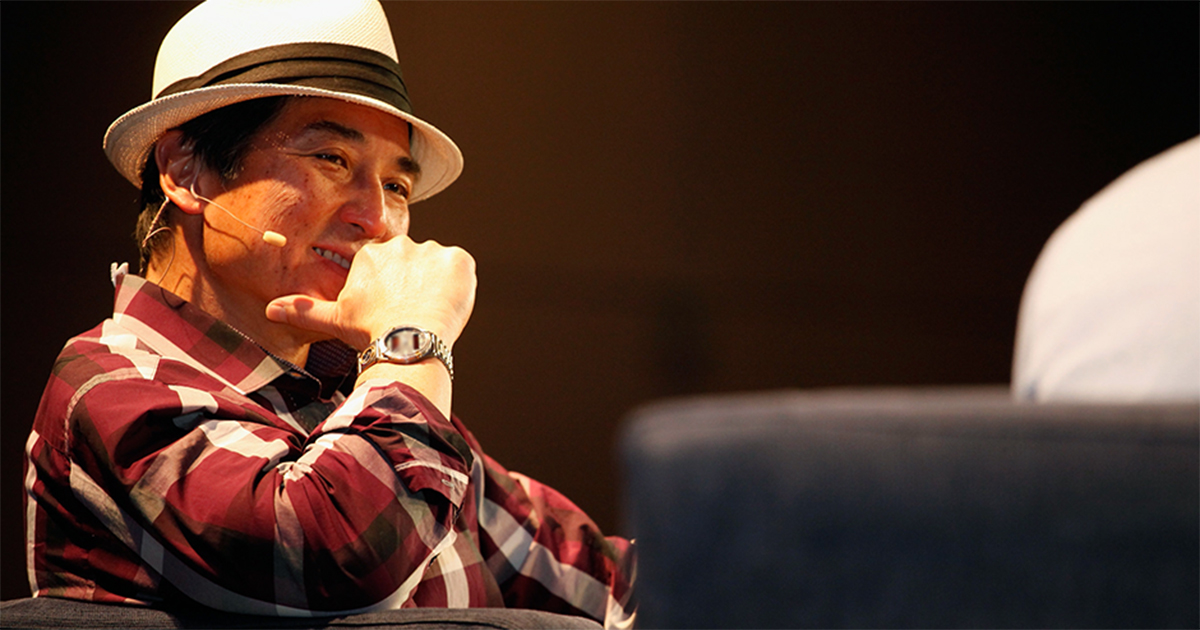How to Ape Guy Kawasaki

Guy Kawasaki might balk at the label Legendary Marketing Guru, but his 1.2 million social media followers are voting with their tweets—his writing on marketing, evangelizing, social media, and more spreads far and wide. Recipient of an honorary doctorate from Babson College, Kawasaki was the original Apple chief evangelist and has written 12 books, including key entrepreneurial how-tos The Art of the Start, Enchantment, and his most recent, APE: Author, Publisher, Entrepreneur.
You’ve said, “If you’ve got ideas, you owe it to yourself to be an entrepreneur.” Why?
Guy Kawasaki: Because if you don’t try you will never know. We are in a great time because it’s one of the cheapest times to start a company. Using social media, your marketing is free or cheap. Using virtual teams, you don’t have to rent an office. Using the cloud, you don’t have to buy servers. Using open source, you don’t have to buy tools. And, if you want to raise money without sucking up to venture capitalists, you use Kickstarter and Indigogo.
These are all very digital examples. But, it goes beyond tech. Let’s say you want to start a restaurant. In the old days, if you wanted to start a restaurant, you’d try to raise a million dollars, find a place, refurbish it, all that. Today, you could spend $50,000, buy a used street food truck and a lease … doing street food is like doing shareware along the path to getting to a real restaurant.
Entrepreneurs seem to step away from how it’s always been done.
GK: I think that may be an overstatement. The impression that an entrepreneur is a swashbuckling, risk-loving person is not true. What an entrepreneur truly should do is try to reduce risk by using established paths in some areas. If you’re an app developer, you want to sell through the Apple store. So, rather than creating your own store and going off on your own, you want to reduce one risk, which is distribution.
I think we do a disservice to people if we try to say that an entrepreneur changes everything. An entrepreneur reduces risk in many places in order to focus on what’s most important, which is the product.
In your books APE and Enchantment, you’ve emphasized storytelling. Does every really good entrepreneur need to be a communicator?
GK: The answer to that is yes. You have to be your own evangelist. This is not to say that every entrepreneur is this kind of shuck and jive, bizdev, smooth-talking person. But, there is, I think, a minimum of communication ability that’s absolutely essential.
Another way of looking at this is when you think of a startup, your critical mass is three people: Someone who can make it; someone who can sell it; and someone who can do all the other stuff (like collecting money). So, if you’re the person who can make it, then what you need to do is hire someone who can sell it. If you’re the person who can sell it, you don’t need another salesperson because you won’t have anything to sell. That’s why I think so many companies are two people in a garage. [At Apple], there was Steve and Woz. At Yahoo, there was David and Jerry. At Google, there’s Larry and Sergei. We’re seeing a trend here, right?
Do people come to you and say, “Guy, we need to communicate thought leadership …”?
GK: Terms like thought leadership and visionary are total bull. The way it truly works is you create a product or a service and it does well, and afterward you declare victory. Many people at the start consider themselves thought leaders, but months later, only one out of 10 are. I just recoil at all these kinds of things, like the words, expert, visionary, thought leaders, or whatever. … There are people who are either lucky or smart, and that’s it. Those are the two parameters.
Trusting luck doesn’t sound like a very good strategy …
GK: You know, I can think of worse strategies!
So, is the entrepreneurial game really only for the supremely self-confident?
GK: There are only two kinds of entrepreneurs. One is full of doubt and the second one is a liar! Self-doubt is a sign of intelligence, it’s not a sign of stupidity or cowardice or inappropriateness. You’re cognizant that there are threats and things that might go wrong, as opposed to being delusional.



